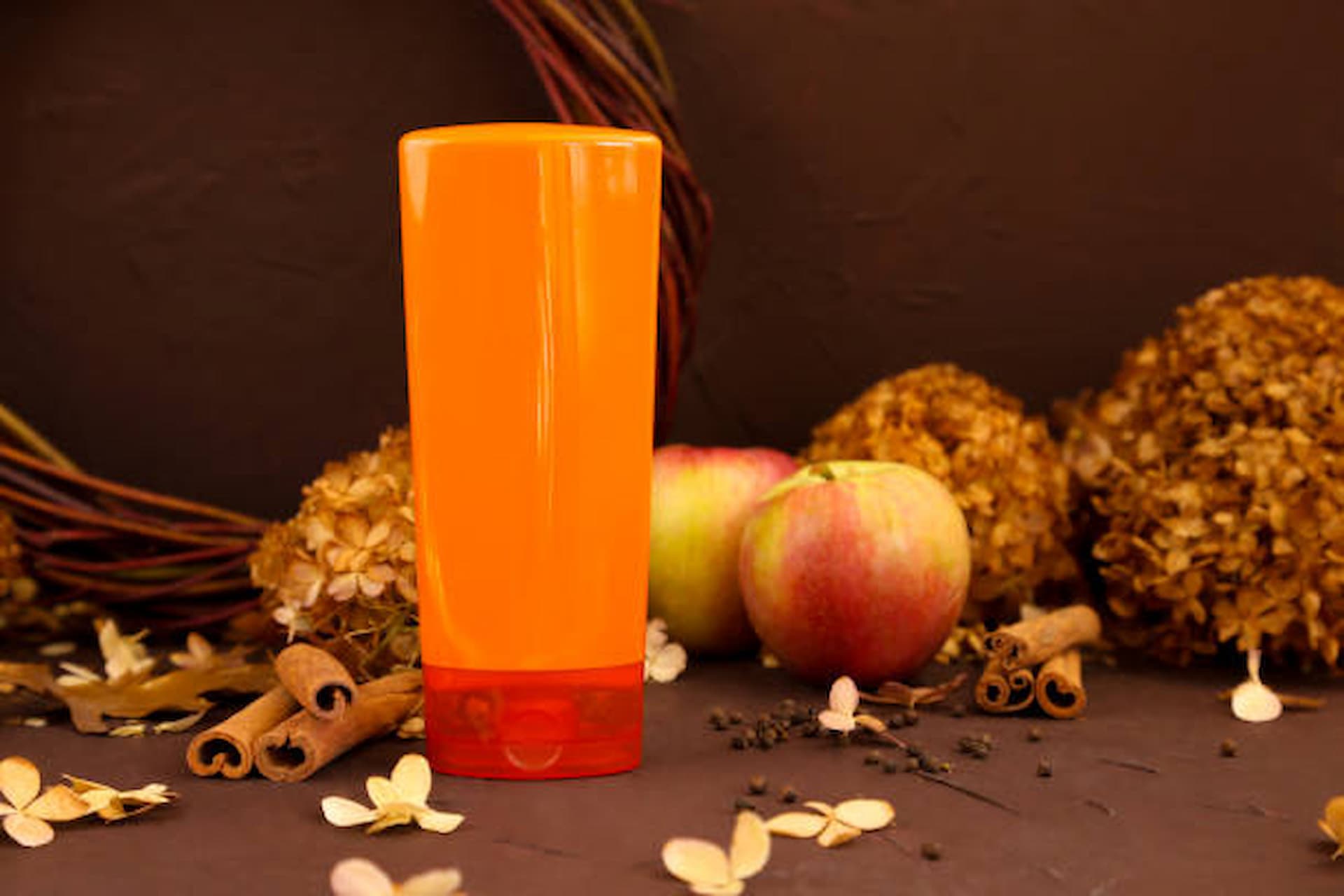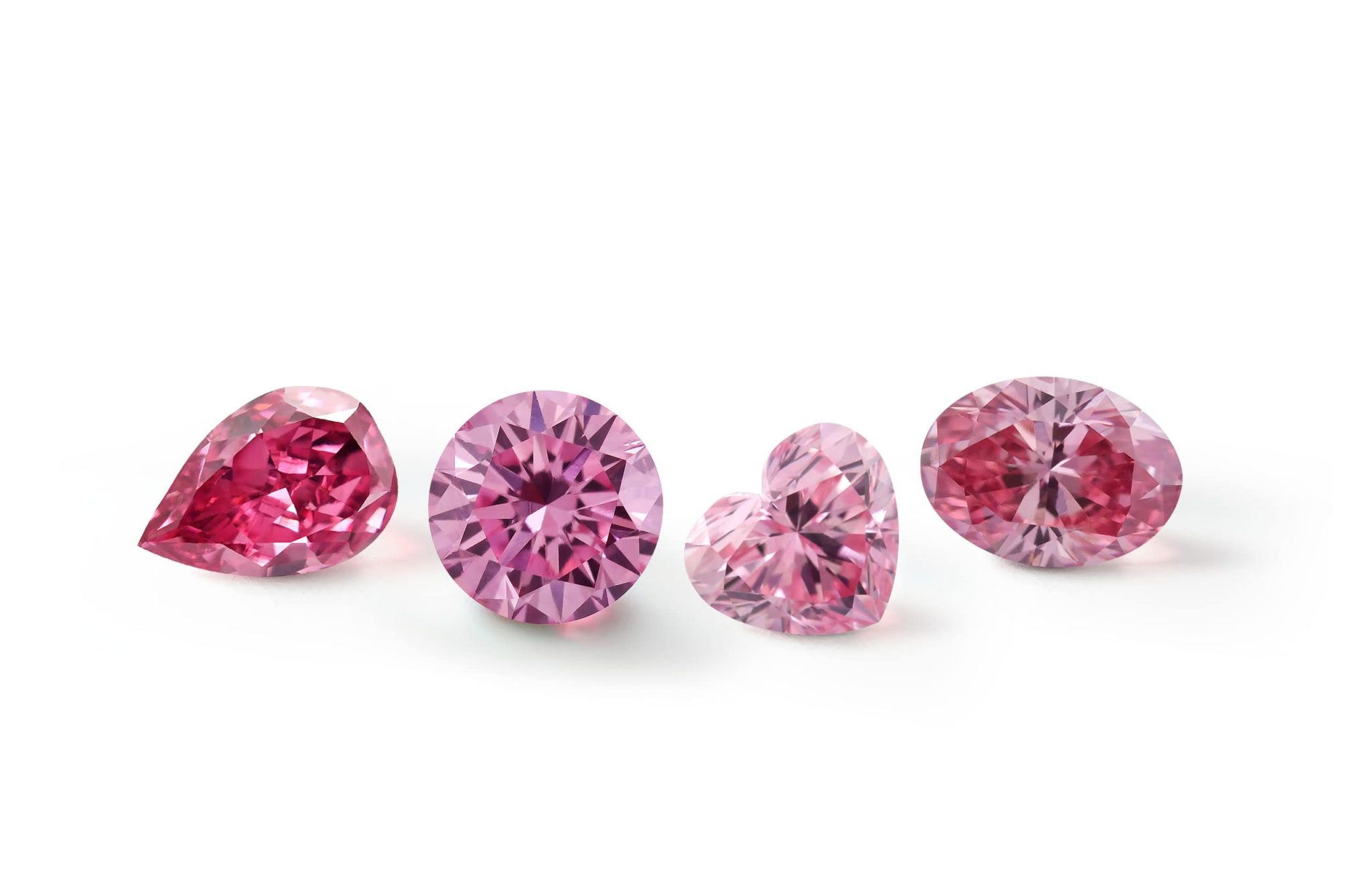Private label cosmetics offer an excellent opportunity for entrepreneurs and businesses to create their cosmetic lines without investing in research and development. Whether you’re starting a beauty brand or expanding your existing product line, understanding the process of private-label cosmetics manufacturing is essential.
Research And Product Selection
The first step in private label cosmetics manufacturers is to research the market and identify the type of products you want to offer. Consider factors such as current trends, target audience, and competition. Once you have a clear vision, choose the products you wish to include in your line, such as skincare, makeup, or hair care. Select products that align with your brand’s identity and cater to your customers’ needs.
Find A Reliable Manufacturer
Finding a reliable manufacturer is crucial for the success of your private label cosmetics. One should Look for manufacturers with experience in cosmetic production, compliance with regulations, and a record of producing high-quality products. Research and compare multiple manufacturers, request samples, and inquire about their production capabilities, turnaround times, and minimum order quantities. Consider their customer service and communication as well. Choose a manufacturer that aligns with your brand values and can meet your specific requirements.
Formulation And Customization
Work closely with your chosen manufacturer to develop formulations that meet your desired specifications. Provide detailed information about the ingredients you want to include or exclude, product performance, fragrance, packaging, and any other customization options. Collaborate with the manufacturer’s R&D team to create unique formulations that differentiate your products from competitors. Ensure that the chosen ingredients comply with regulatory guidelines and meet safety standards.
Packaging Design And Labeling
Design appealing and informative packaging that reflects your brand identity. Work with a graphic designer or utilize the manufacturer’s design services to create eye-catching labels, boxes, and containers. Consider the practical aspects of packaging, such as functionality, durability, and ease of use. Ensure all labelling complies with regulatory requirements, including ingredient lists, product claims, and warnings.
Production And Quality Control
Once the formulations and packaging are finalized, the manufacturing process begins. The manufacturer will source raw materials, produce the products, and conduct quality control checks at various stages. This includes testing for stability, microbial contamination, and overall product performance. Regular communication with the manufacturer during this phase is essential to address any concerns or make necessary adjustments.
Compliance And Legal Requirements
Ensure that your Private Label Organic Cosmetics comply with all relevant regulations and legal requirements. This includes adherence to ingredient restrictions, product safety standards, and labelling guidelines. Work with your manufacturer to obtain the necessary certifications and conduct testing or assessments. Compliance is crucial for building trust with consumers and avoiding legal issues.
Conclusion
Private-label cosmetics manufacturing offers a streamlined way to bring your cosmetic products to market. By following this step-by-step guide, you can navigate the process successfully. Conduct thorough research, find a reliable manufacturer, customize formulations, design appealing packaging, ensure quality control, and comply with regulatory requirements. With careful planning and execution, you can establish a successful private-label cosmetics brand and meet the demands of your target market.




